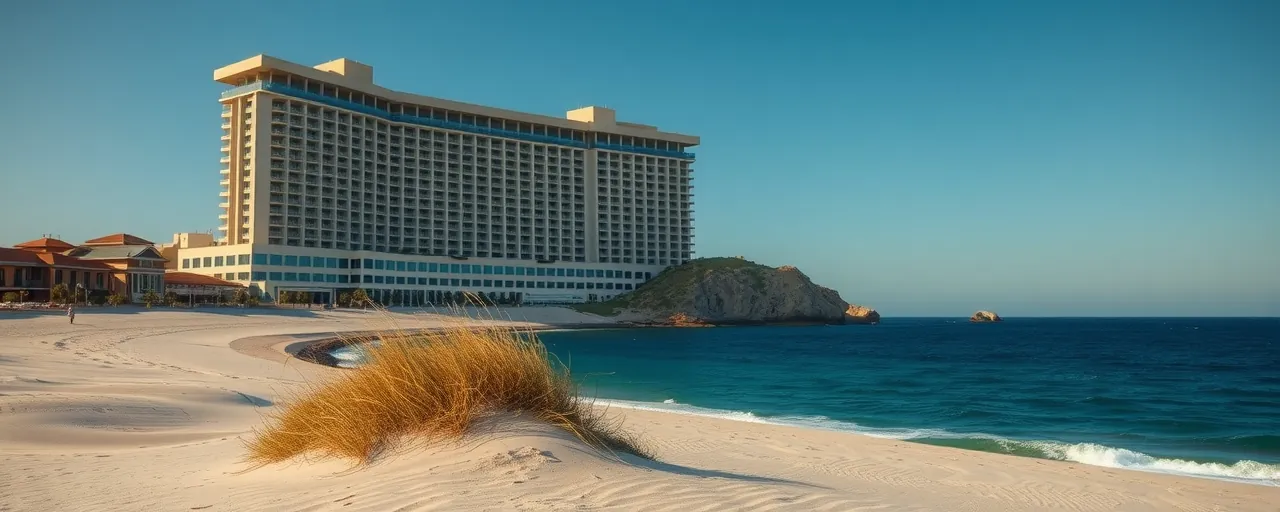A Record With a Darker Side
In 2024, Florida welcomed 143 million visitors, shattering records and cementing its place as America’s top travel destination. Hotels reported a 75.7 percent occupancy rate, with nightly rates averaging $227.22. Airports like Punta Gorda saw passenger surges of 23.6 percent. Governor Ron DeSantis points to these figures as evidence of flawless leadership, with billions in sales tax revenue bolstering the state’s coffers. The numbers paint a vibrant picture.
Yet a closer look reveals cracks in this success story. The policies behind these gains often prioritize profits over the well-being of workers, communities, and the environment. As someone who values fairness, I find this tradeoff deeply troubling. Growth that exploits people and nature isn’t something to celebrate—it’s a warning sign.
Organizations like Equality Florida have raised alarms, issuing travel advisories over laws restricting LGBTQ+ rights and limiting education on identity. These policies don’t just deter visitors; they erode the state’s moral foundation. With 41.2 million visitors in the first quarter of 2025, Florida rides a global tourism rebound of 1.4 billion international arrivals in 2024. But can it sustain this momentum while alienating so many?
Travelers today demand more than sunny beaches—they seek inclusive, sustainable destinations. Florida’s focus on deregulation and high visitor volumes ignores these shifts. The state’s leaders seem content to bask in record-breaking headlines, but at what cost to the people and places that make Florida shine?
This story demands scrutiny. The tourism boom is real, but its benefits must reach everyone, not just a select few. Florida has a chance to lead differently, and it starts with facing the truth.
Who Pays the Price for Prosperity?
Florida’s tourism industry, generating $131 billion and supporting 2.1 million jobs, is a powerhouse. But the workers powering this engine—hotel cleaners, restaurant staff, park attendants—often face low wages and long hours. Policies that sideline labor protections leave these workers vulnerable, even as the state celebrates economic wins.
Worse, proposed legislation to redirect tourism-tax funds to property tax relief threatens the industry’s foundation. These taxes support marketing efforts that drive visitor numbers. Cutting them could slash jobs and revenue, as Colorado’s tourism slump in the 1990s after similar cuts showed. Why risk the livelihoods of workers already stretched thin?
Advocacy groups also point to laws creating a hostile climate for marginalized groups. Restrictions on transgender healthcare and classroom discussions about identity, criticized by Equality Florida and others, make Florida less welcoming. These measures clash with the state’s 21.4 percent market share among African American visitors in 2022, a sign of its diverse appeal. Growth that excludes isn’t sustainable.
Some argue these policies draw visitors by promoting personal choice. But whose choices matter? Workers struggling to survive and families facing discrimination don’t see the benefits. True prosperity lifts everyone, not just those at the top.
Nature Under Strain
Florida’s natural beauty—its beaches, parks, and wetlands—draws millions annually. Yet the environmental toll of 143 million visitors is staggering. Tourism contributes up to 9 percent of global greenhouse gas emissions, and Florida’s reliance on car travel and lax regulations amplifies this impact. With emissions set to climb 25 percent by 2030, the state’s inaction is alarming.
Travelers increasingly favor eco-conscious options, from carbon-neutral hotels to regenerative tourism. The 1995 UNWTO Lanzarote Charter urged sustainable practices, but Florida clings to a growth-first mindset. Without investment in eco-lodges or waste reduction, the state jeopardizes the ecosystems that fuel its economy. How long can this continue before the damage is irreversible?
Defenders of Florida’s approach claim economic benefits outweigh environmental costs. But this logic fails when the very attractions drawing visitors—clean beaches, thriving wildlife—are at risk. Sustainability isn’t a luxury; it’s a necessity for Florida’s future.
Building a Fairer Future
Florida’s tourism achievements are undeniable, but they don’t justify exploitation or neglect. The state can chart a better course by strengthening worker protections, repealing discriminatory laws, and prioritizing sustainability. States like Wisconsin, with $25 billion in tourism impact in 2023, prove that inclusive, green policies drive lasting prosperity.
The path forward is clear. Florida can embrace growth that benefits all—workers, visitors, and the environment. I envision a state where tourism thrives because it values every person and preserves its natural treasures. That’s a destination worth celebrating.
Leaders must act now. Listen to advocates, support workers, and invest in a sustainable future. Florida’s 143 million visitors deserve a state that matches its beauty with justice and care. Let’s demand a tourism industry that truly serves everyone.
